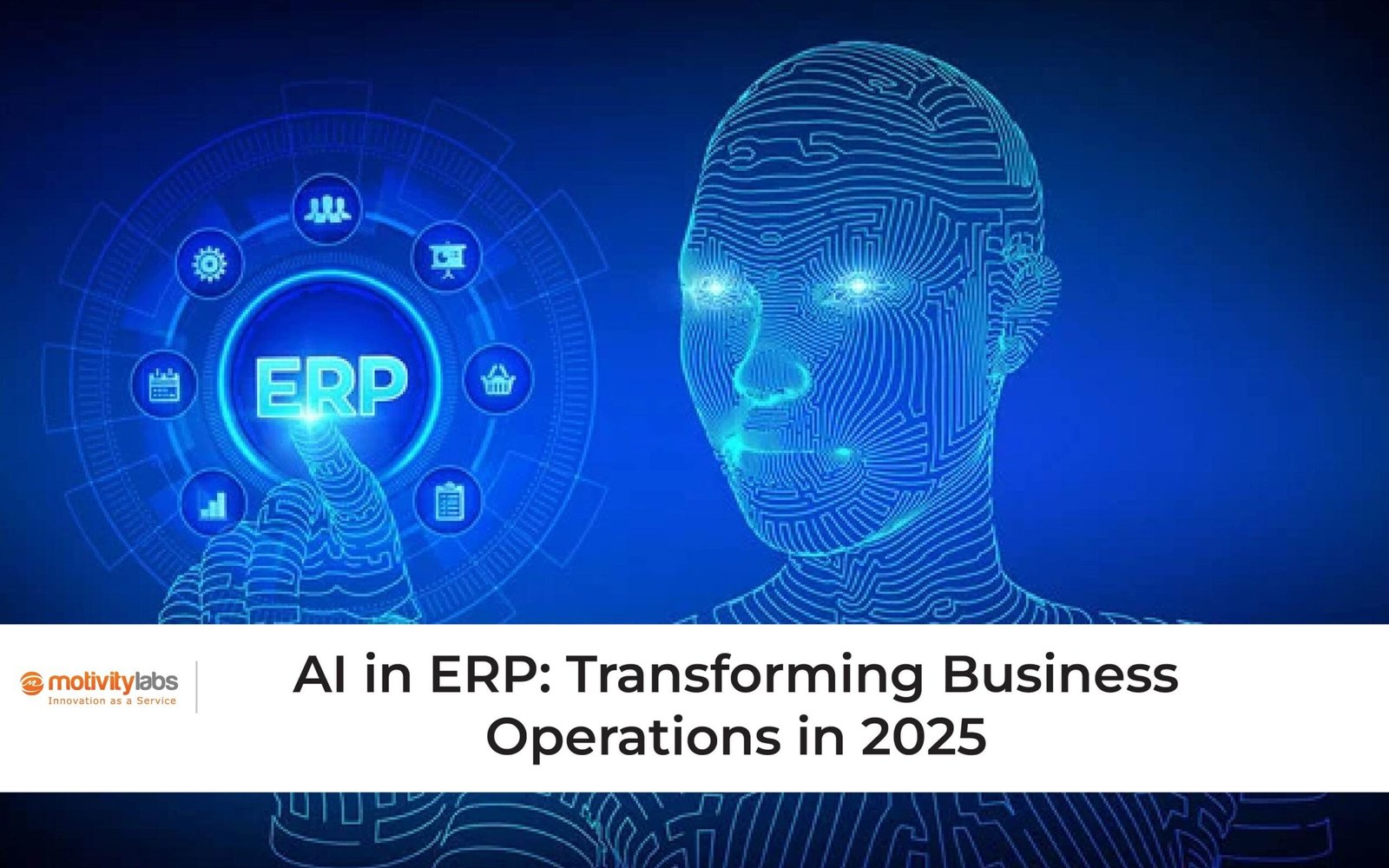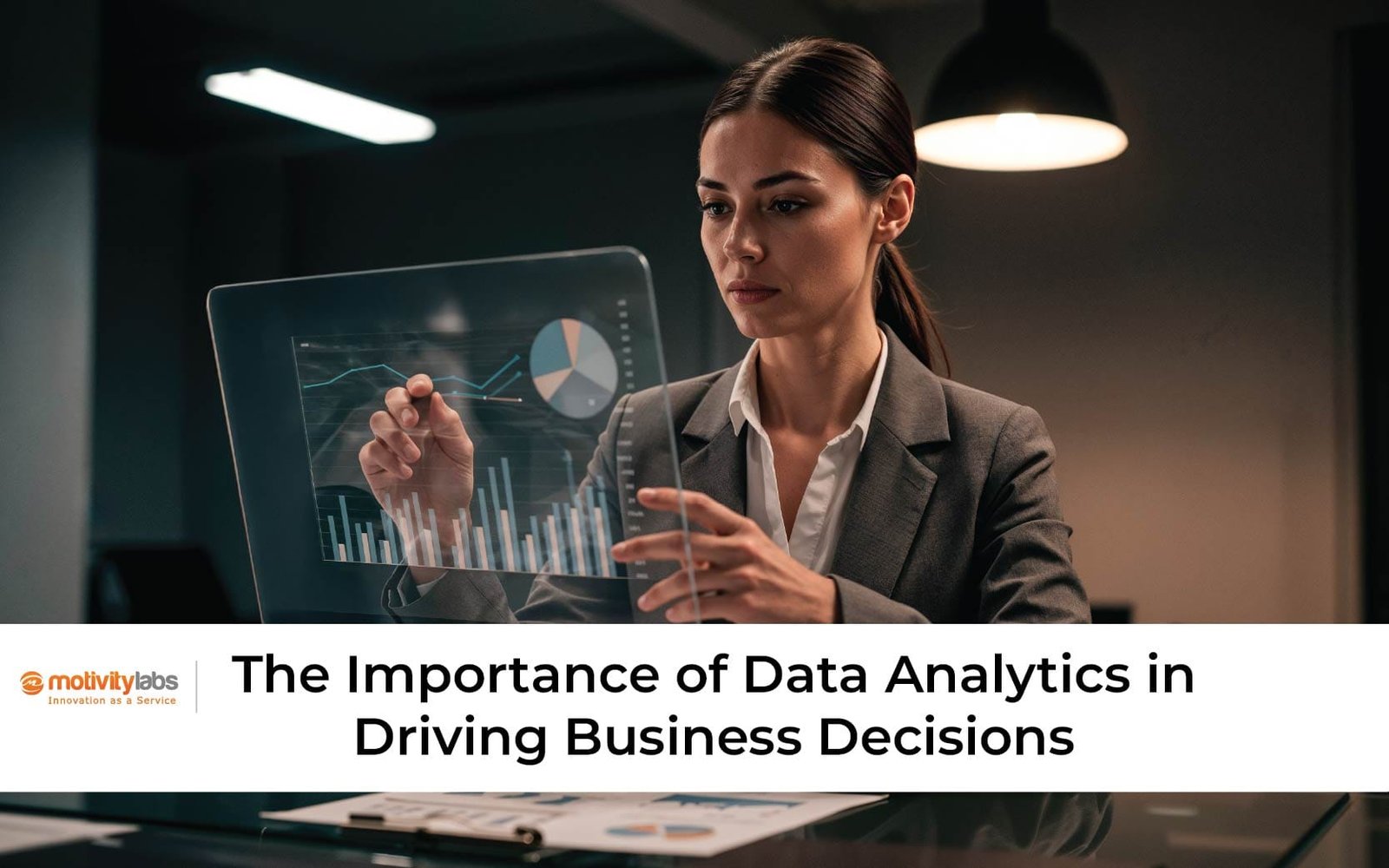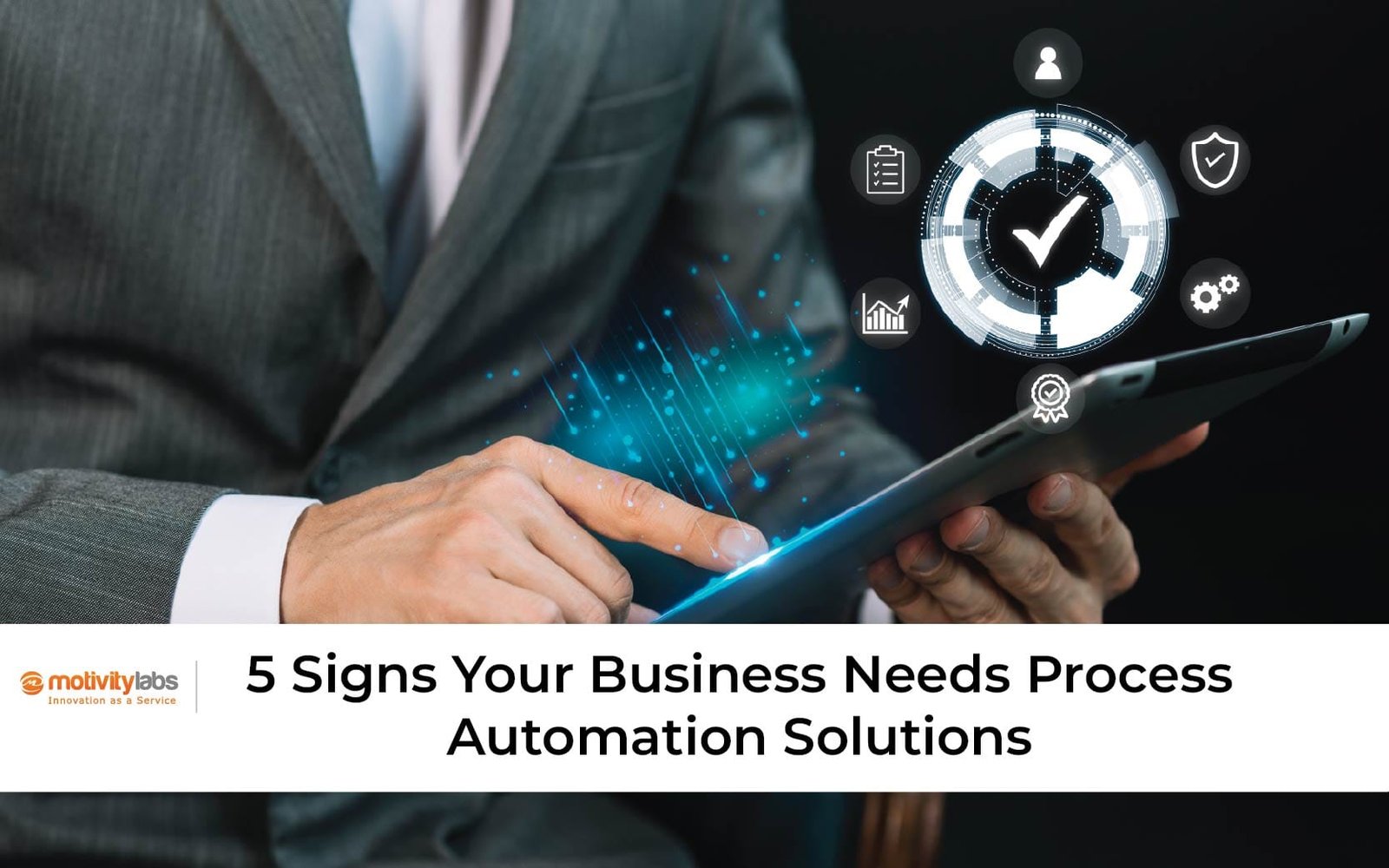The future of data engineering namely how organizations treat data from creation to analysis, is in a watershed moment due to Generative AI (GenAI). Gen Ai in data engineering methods bring unparalleled efficiency, precision, and scalability for businesses to derive deeper insights and make better decisions. As the world becomes increasingly data-driven, the ability to harness the power of data has become a critical competitive advantage. GenAI is poised to revolutionize the way organizations approachthe future of data engineering, opening up new possibilities for extracting valuable insights and driving innovation.
Enhancing Data Creation and Integration
GenAI excels at creating synthetic datasets, which are invaluable for balancing data and ensuring fair analyses across various applications. For example, in e-commerce sentiment analysis, generative ai for data engineering helps correct data imbalances, leading to more accurate insights. This capability extends to generating training data for natural language processing (NLP) tasks, enhancing the robustness of machine learning and artificial intelligence engineering models.
The capacity to generate data proves beneficial in situations where authentic data is scarce or challenging to acquire. Through the utilization of GenAI organizations can produce datasets that mirror real-world data characteristics empowering them to enhance the training and testing of their models. This not enhance model precision and dependability. Also aids in mitigating potential biases and ensuring fairness in decision-making processes.
Automating Code Generation and Pipeline Creation

Improving Data Quality and Governance
As the importance and complexity of information increases, so does its need for quality assurance and governance. The future of data engineering especially Genai facilitates automated data cleaning processes and data observability, providing real-time monitoring and management of data health. This is essential for ensuring the reliability of data products and avoiding issues like those experienced by Equifax and Unity Technologies, where faulty data led to significant operational disruptions.
Moreover, GenAI can enhance data observability, providing real-time monitoring and management of data health. By continuously monitoring data flows and identifying potential issues or anomalies, organizations can proactively address data quality concerns before they impact downstream processes or decision-making.
In addition to improving data quality, GenAI can also strengthen data governance practices within organizations. By automating processes such as data lineage tracking, access control, and compliance monitoring, GenAI can help ensure that data is managed and utilized by relevant policies and regulations, mitigating risks and protecting sensitive information.
Real-World Applications and Efficiency Gains
The practical applications of generative ai for data engineering are vast. For instance, Fractal’s integration of gen ai in data engineering across a client’s data lifecycle led to a 50% reduction in time and effort required for tasks like table creation and data movement. This efficiency gain is precious in sectors like finance, where rigorous regression testing and data masking are crucial for maintaining data security and compliance.
In industries, beyond finance, the use of AI technology in data engineering can bring about efficiency improvements. For instance in healthcare AI can automate tasks like managing records leading to better analysis of patient information for personalized treatments and medical studies.
The Role of GenAI in Enhancing Data Analytics
Key Trends in generative ai for data engineering:

1. Automated Data Transformation and Preprocessing
2. Augmented Data Labeling and Annotation
3. Synthetic Data Generation
4. Intelligent Code Generation
5. Natural Language Query Processing
Enabling Technologies
The future of data engineering shines brightly due to the improvement in machine learning and artificial intelligence engineering models, especially deep learning techniques like transformer architectures [(e.g., GPT-3, DALL-E) and diffusion models (e.g., Stable Diffusion)]. These models are trained on large datasets to enable them to recognize patterns and produce new outputs that correspond with the input data.
Use Cases:
1. Data Generation and Augmentation:
- Generative AI models can be trained on existing data to generate synthetic yet realistic data for tasks like data augmentation, data anonymization, or creating test datasets.
- This can be particularly useful in scenarios where real-world data is limited or difficult to obtain, such as in healthcare, finance, or privacy-sensitive domains.
Data engineers can leverage generative models to create diverse and representative datasets, enabling more robust and accurate data pipelines and models.
2. Data Cleaning and Transformation:
- Generative AI models can assist in data cleaning tasks, such as identifying and correcting errors, handling missing values, or removing inconsistencies in data.
- These models can learn patterns from existing data and generate cleaned or transformed versions, reducing the need for manual data cleaning efforts.
- Data engineers can leverage generative models to automate and streamline data cleaning processes, improving data quality and reducing the time and effort required for data preparation.
3. Data Translation and Transformation:
- Generative AI models can be trained to translate or transform data from one format to another, enabling interoperability between different data sources or systems.
- This can be useful in scenarios where data needs to be shared or integrated across different platforms, organizations, or industries with varying data formats or structures.
- Data engineers can leverage generative models to automate data translation and transformation processes, facilitating seamless data exchange and integration.
Why Motivity Labs is the Best Choice for Data Engineering with GenAI
Motivity Labs stands at the forefront of leveraging generative ai for data engineering to optimize data engineering processes. Their expertise in integrating GenAI in data engineering into data workflows ensures that clients benefit from the latest advancements in automation and efficiency. By partnering with Motivity Labs, organizations can expect enhanced data quality, faster time-to-insights, and scalable solutions tailored to their unique needs. Whether it’s through automating data pipelines, improving data governance, or enabling advanced analytics, Motivity Labs delivers unparalleled value, making them the premier vendor in the industry for the future of data engineering with machine learning and artificial intelligence engineering.
Motivity Labs has a proven track record of delivering high-quality, secure, and scalable solutions to businesses across various industries. Their team of experts follows best practices and industry standards, ensuring that your product is not only functional and user-friendly but also compliant with relevant regulations and optimized for performance and security.
With Motivity Labs as your partner, you can benefit from their expertise in the latest technologies, platforms, and development methodologies. They take a collaborative approach, working closely with you to understand your unique business requirements and translate them into tailored mobile solutions that drive tangible results.
Moreover, We understand the importance of scalability and future-proofing your investment. Their team designs and develops apps with scalability in mind, ensuring that your solution can grow and adapt as your business expands, without the need for costly replacements or rebuilds.
By choosing Motivity Labs as your trusted vendor, you can confidently embark on your digital transformation journey, leveraging the power of technology to enhance productivity, efficiency, and innovation while staying ahead of the competition in today’s rapidly evolving digital landscape.



